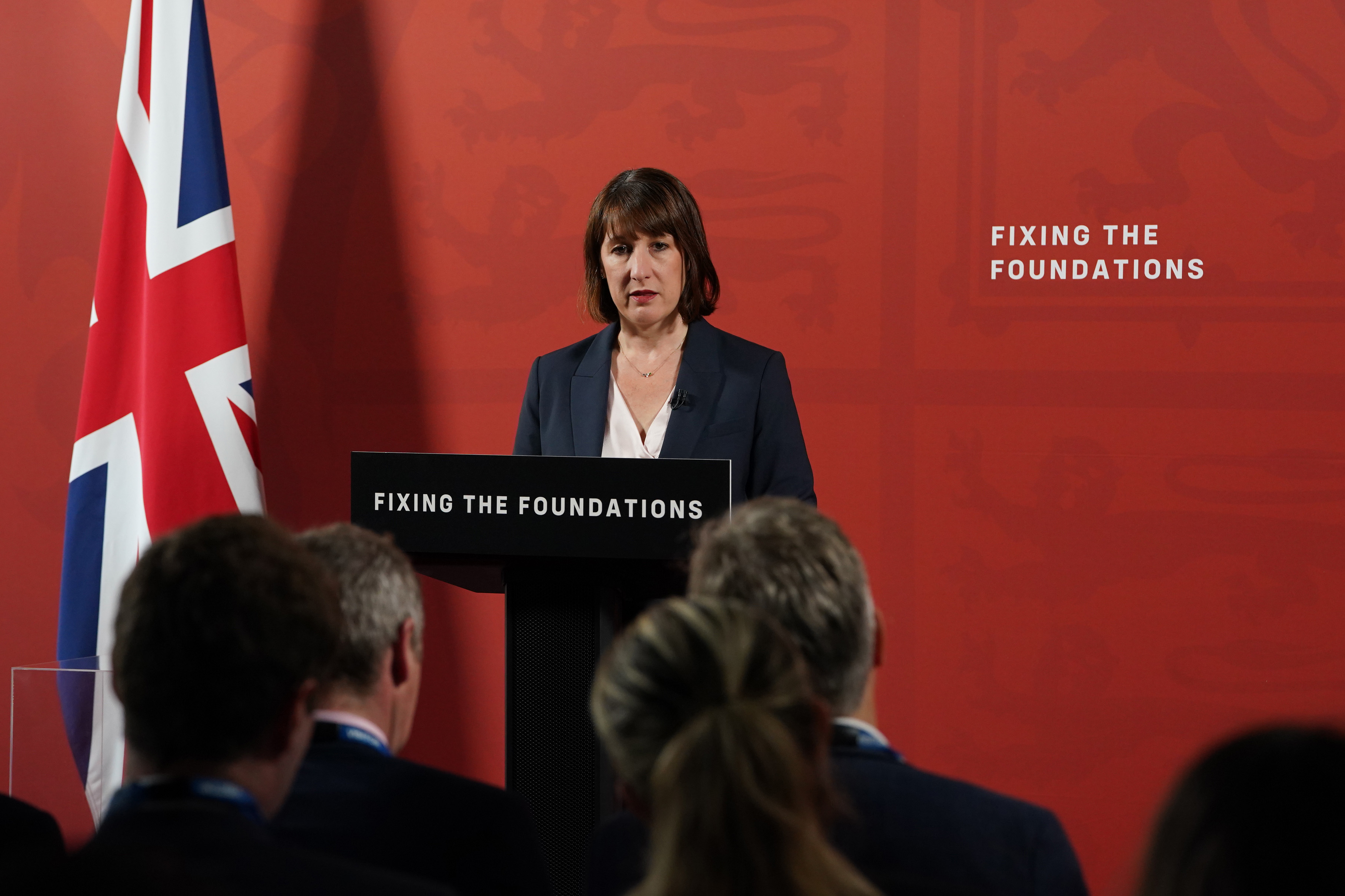
News that the new Labour government has accepted recommendations to grant radiographers and other NHS staff in England a 5.5 per cent pay rise has been welcomed by the SoR.
On Monday 26 July, the government announced that it had accepted recommendations to grant NHS Agenda for Change workers in England, including radiographers, a 5.5 per cent raise.
The SoR has welcomed the above inflation award, calling it a “step in the right direction” – but added that after 15 years of “derisory” awards, there is much more to do.
It has also welcomed chancellor Rachel Reeves’ acknowledgement that there is “a cost to not settling” pay negotiations.
The pay increase will be a consolidated rise across all bands, effective from 1 April 2024.
'It should not have taken this long'
Ms Reeves said: “Where the previous government provided no transparency to the public, and no certainty for public services, we will be open about the decisions which are needed and the steps we are taking.
“That begins with accepting in full the recommendations of the independent Pay Review Bodies, and the details of these awards are being published today. That is the right decision for the people who work in and most importantly the people who use our public services, giving hardworking staff the pay rise they deserve, while ensuring we can recruit and retain the people we need.
“It should not have taken this long to come to these decisions. And I do not want us to be in this position again.”
Understaffing, excessive workload and an ongoing recruitment crisis are all the consequences of low NHS pay, the SoR emphasised. Not agreeing a deal can lead to strike action – as it did last year, when Society of Radiographers members in a number of regions voted to strike in July and October 2023.
'Full pay restoration'
Dean Rogers, executive director of industrial strategy for the SoR, emphasised that the workforce is in crisis, with an average vacancy rate of 13.4 per cent, which needs addressing.
Moreover, staff shortages mean a significant amount is spent on funding bank and agency staff which could be re-distributed into funding a pay uplift for substantive staff.
Mr Rogers said: “Even with the current increase, NHS salaries still look as though they’re designed to encourage people to leave. Had radiographers’ pay kept up with average total pay since 2008, they would be earning an average of 26 per cent more than their current salary.
“We’d like to see the government commit to full pay restoration, by providing above-inflation pay awards at least until NHS pay is restored to 2008 levels – and the government must foot the bill.”
In Scotland negotiations are already underway.
The governments in Northern Ireland and Wales will now review this award, and SoR national officers will work closely with other trade union colleagues to ensure pay awards there are not delayed.
'Sustainable, effective services'
The Pay Review Body also accepted SoR recommendations for structural changes to Band 8a and above, which included intermediate pay points, and a funded mandate for NHS staff council to review the Agenda for change structure.
Mr Rogers added: “We plan to consult our members in England in the coming weeks on this pay award.”
Leandre Archer, SoR head of industrial relations, said: ”It is good that trade unions have been listened to and the government has accepted an above inflation pay rise this year. The memory of our members standing on picket lines last year is still fresh and we need to see more being done to deal with the workforce crisis, to entice people to train as radiographers and stay in the profession.
“There is much work to do to reduce waiting lists and it must be recognised that the radiography workforce is crucial to do this. We aim to work with the government to address the workforce issues and provide solutions to ensure sustainable effective services for patients as set out in our manifesto.”
The Radiography Manifesto, published in March 2024, calls on political parties to: commit to inflation-proof pay awards and pay restoration to 2008 levels; ensure increasing demand can be met with strategic workforce planning; enable people to enter, develop and progress within the radiography profession; ensure safe working practices, adequate staffing numbers and a skills mix in all areas of radiography; provide adequate funding for a world-class health and social-care system throughout the UK.
(Image: Photo by Lucy North-WPA Pool/Getty Images)
